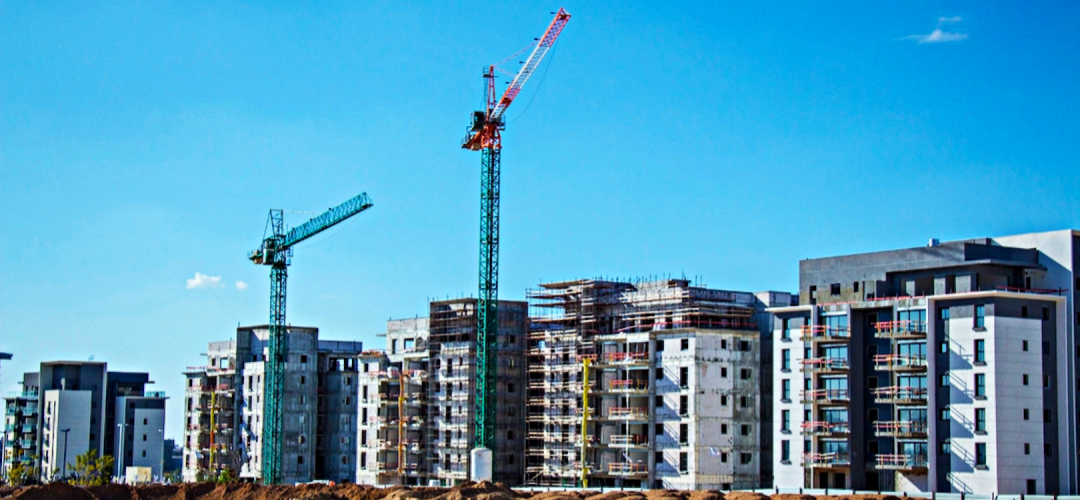Houston is not approaching the housing costs of cities like Los Angeles or San Francisco, but it has become more expensive. The average home price in Houston last year was $413,657, and the median price of single-family homes increased by 12.8% to $338,295, according to the Houston Association of Realtors. Meanwhile, median rent has increased 23% over the past 15 years, even when adjusting for inflation, per American Community Survey data.
“We have been in uncharted territory since the pandemic, but have generally held strong, and I anticipate the market returning to healthier levels later this year, especially with inventory levels improving, mortgage rates easing and prices moderating,” HAR Chair Cathy Treviño said in a statement.
After adding over 1.1 million residents between the 2010 and 2020 censuses, developers are bullish about the Houston metro’s growth potential. Even with rising costs, areas like Katy, the Heights, downtown and Montgomery County each supplied more than 1,000 multifamily units in 2022 alone, according to ApartmentData.com figures.
Despite a 10% decrease in 2022, single-family units remain the most dominant type of housing unit permitted in the area, with 47,633 permits being issued compared to 28,153 multifamily units. However, the area can attribute all of its permitting growth to multifamily, which had a 70% year-over-year increase.
The preliminary numbers include the reported permitting from cities and the nine counties in the metro, but also factor in Census projections from previous years. Should the early figures hold up, it would mark the highest activity since 2006, when more than 68,000 permits were issued, according to Census figures tracked by the Federal Reserve. The Census will release finalized and revised permitting numbers in May.
Increasing the housing supply, in theory, helps keep prices from rising too rapidly. But in Houston, affordability is slipping away, according to Bruce McClenny, the senior director for ApartmentData.com. McClenny’s calculations for multifamily units, which covers parts of the Houston metro, showed the overall average rent in the Houston market at $1,238.58. The average for Class A rentals, considered to be the highest quality of rental property, was $1,741.50, while Class B had an average of $1,234.50 and $944 for Class C.
“Affordability has left the building,” McClenny said. “There was a big focus on affordability going into the pandemic, and it seems like it was forgotten about. Home prices went up 30% to 40%, rental prices went up 20% net. We’ve reached a high point in terms of rent inflation and housing inflation. The only way it’s going to come down is it’s going to go flat, but it’s going to stay high. The problem is everything is about 25% higher priced than it was three years ago.”
McClenny added that low-income tax credits or subsidies are regularly limited by state funding or by fervent NIMBY attitudes from residents of single-family units.
“In any given year, we see there’s always a few tax credits coming through, but it’s just a really small number,” he said. “It’s generally not that high unfortunately. Maybe 5,000 to 7,000 units at best in any one year. Then there’s the problem that tax credit deals are being fought by neighborhoods. The neighborhoods are fighting against any development like that coming into their area.”
Despite the record number of permits in 2022, the amount of time between construction and occupancy can be unpredictable. McClenny said supply chain issues are causing delays for multifamily units throughout the Houston area.
“There’s all sorts of challenges,” he said. “Labor and materials are higher priced and harder to come by. In many cases it’s delaying openings.”
Houston was the national leader in new apartment construction in the first half of 2022. McClenny calculated 2022’s new supply at 13,700 multifamily units with an absorption rate of 4,400. In 2023, he expects a higher demand for rental units, estimating a supply of 18,000 new multifamily units with an absorption of 12,000 units.
Real estate industry professionals are also optimistic about market improvement this year.
“The Houston housing market is heading towards more balanced conditions,” HAR Chair Jennifer Wauhob said in a press release. “We saw years of unprecedented growth, and it appears the market is finally nearing pre-pandemic levels. Higher mortgage rates are softening buyer demand. But as prices level off and inventory grows, we’re going to see more consumers move from the sidelines to the marketplace.”



